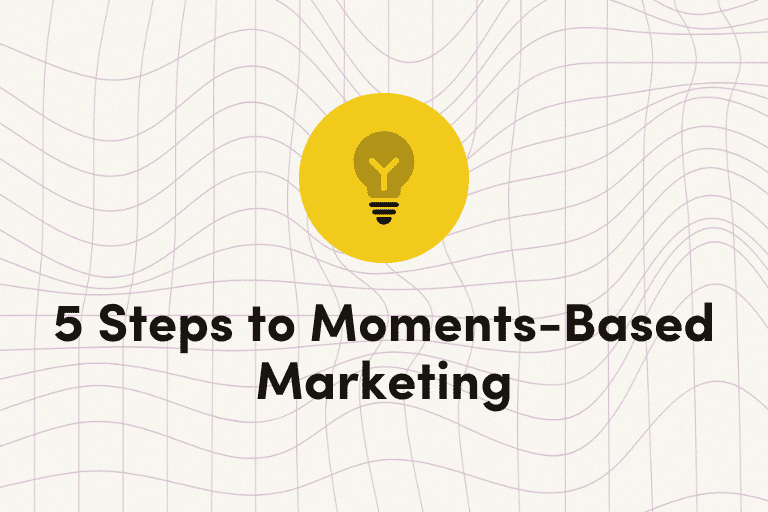This Tuesday marked 53 years since the riots at The Stonewall Inn (June 28, 1969), which paved the way for today’s LGBTQ rights movement. But, as in so many instances of revolution or resistance—especially when a balance of power is involved—it was not a casualty-free catalyst.
Despite countless injuries and wrongful arrests made during the riots and protests, the gay community persevered. Over the last five decades, the protest has evolved and expanded, growing into the global movement we know today.
Where We’ve Been and Where We’re Going
After the Stonewall Riots in 1969, it took nearly 35 years for the first U.S. state to recognize and legalize gay marriage (2004 in Massachusetts), nearly 46 years for the Supreme Court to legalize gay marriage (2014), and almost 50 years for the New York police department to apologize for the historically discriminatory laws that targeted gay people (2019). Progress takes time. But half a century is too long to wait for change. This is where business leaders can make a difference.
While businesses (public and private) have stakeholders to answer to, they have companies, not countries to look after. They have the bandwidth to be agile that governing entities do not.
When you look back at the last 50 years of change from the federal lens, the needle of change has moved quite slowly for the LGBTQ community. But if you change your perspective to 50 years of change from the business lens, the portrait of progress looks a little more colorful:
- A large majority of businesses have implemented anti-discriminatory policies toward LGBTQ workers (93 percent of Fortune 500 companies include sexual orientation in their anti-discrimination policy, and 85% have protections in place for gender identity)
- Businesses are working to build better environments for LGBTQ employees, implementing specialized career development programs
- Companies are tracking progress made for LGBTQ employees in their annual social responsibility reporting cycles
- Employee Resource Groups are taking center stage across industries, with companies like Apple, American Airlines, Coca-Cola, and Bain and Company renowned for their vibrant and inclusive workplace communities
- Sometimes the best way for organizations to push for impact is to … invest! Converse, Microsoft, Chevron, and more actively donate to local LGBTQ communities. Money donated quickly turns to momentum for change!
But, before we celebrate our successes, it’s important to pause and remember that the road to progress is not linear, especially on the global stage, where steps forward are unevenly distributed around the world. Globally, anti-LGBTQ+ discrimination persists:
- Around 70 countries continue to criminalize homosexual activity (in 12 countries adults who engage in consensual same-sex acts can still face the death penalty)
- A mere 29 countries legally recognize marriage equality today, including Switzerland most recently with its December 2020 passage of marriage equality legislation
- Only 11 countries mention sexual orientation in constitutional nondiscrimination clauses
Against this harsh global LGBTQ landscape, the US has become a leading advocate for LGBTQ+ rights. But the US government’s credibility on this journey has been called into question, especially over the last few years and even more recently, with the overturn of the landmark Roe vs. Wade decision, anti-LGBTQ bills in several states, and an increase in LGBTQ-related hate crimes.
But, when progress seems to have halted or, in some cases, reversed, what do we do? We (businesses) step up to the plate and push for progress.
The Path Forward for Business
In 2022, people are reassessing what they expect from the business they work for. Good thing, too. Because people want to work for companies that care, companies are starting to care. They’re beginning to invest in the community, the environment, and the world. They’re also beginning to recognize and work to protect their most valuable resource: their people.
Businesses are looking for more ways to put people first. No, we’re not talking about being competitive with compensation and offering flexible vacation time (although these characteristics certainly help). It takes more to stand out. The businesses that win are those that will stand with their employees.
Businesses can stand behind their LGBTQ employees by creating a workplace that is built to support the community. At Iterable, we have several programs and policies that create a shared sense of belonging at work and empower our LGBTQ employees to be their true selves:
- Respect Policy: Our Respect Policy reflects our commitment to providing a work environment free of discrimination and disrespectful behavior. Our comprehensive policy is inclusive of sex/gender (including pregnancy, childbirth, breastfeeding or related medical conditions), sex stereotype, gender identity/gender expression/transgender (including whether or not you are transitioning or have transitioned), and sexual orientation among other identities and characteristics/demographics.
- Pride Affinity Group: Our Pride Affinity Group cultivates a safe space for LGBTQ employees and allies to host programs, engage in community support, share resources, and celebrate cultural events.
- “Hour of Understanding” Sessions: These sessions are hosted by our Diversity, Equity, and Inclusion team to facilitate learning and encourage empathy. Topics include LGBTQ-relevant information like pronoun usage in the workplace and tools for self-identification.
- LGBTQ Organizations Partnership: Iterable partners with Out inTech for ERG development resources, pipeline development, and advocacy opportunities.
- Self-Identification Campaign: We encourage every Iterator to identify with the name, pronouns, and identities that align with their authentic self.
When should you start developing programming and policies that protect your people? Yesterday! But there’s truly no time like the present—during Pride month, in the aftermath of the Roe v. Wade decision, and at the onset of a recession—to kick-start or continue your business’ journey of support.
Join a team that cares, and a company that fosters a sense of belonging at work. Explore open roles at Iterable today!
































